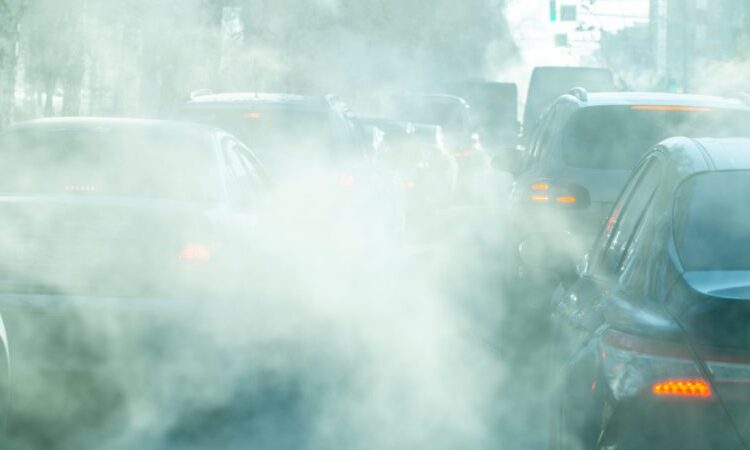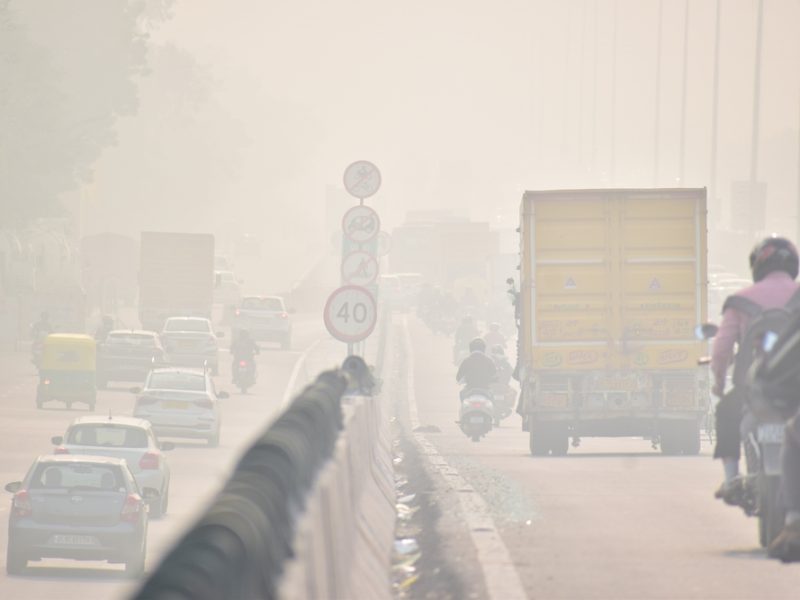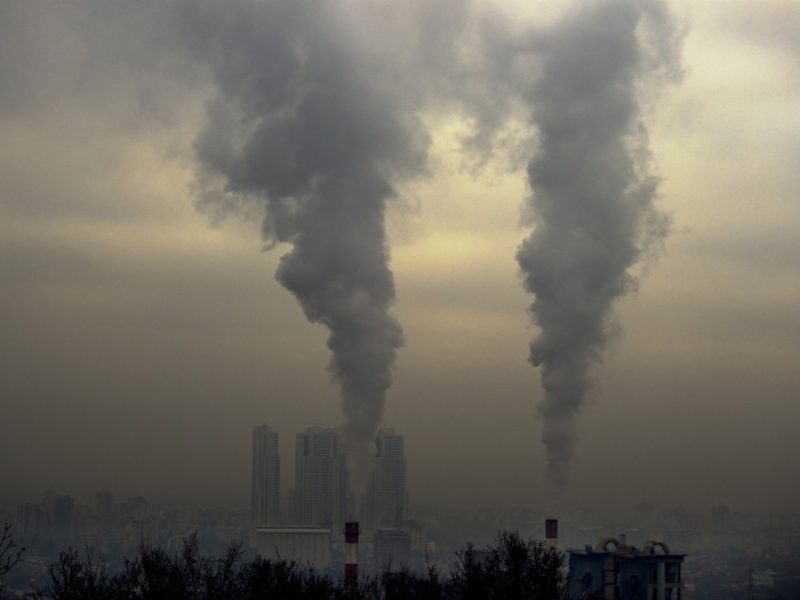
The European Union and some of its member states fail to integrate air quality considerations into their national climate plans and do not recognise the impact of air pollution on health, a study published by the Global Climate and Health Alliance (GCHA) showed.
After analysing 169 countries and the EU in their report published on Wednesday (18 October), the GCHA found that G20 countries, which include the EU, still fall short when it comes to integrating health and clean air into their climate action.
The report looked at nationally determined contributions (NDCs) – national climate plans set by governments as part of their commitment to the Paris Agreement, that illustrate national priorities on climate change.
The points were given to countries depending on whether NDCs addressed air pollutants, source sectors, economics and finance, health impacts and bonus points.
The European Union scored overall 2 points out of the 15 possible according to GCHA benchmarks in the different categories and France, which also submitted an individual evaluation, scored below the EU average. Globally the situation is no better with the average score being 3.5.
The best-performing countries were low- and middle-income countries – which suffer from the highest exposure to air pollution – with Colombia and Mali emerging as joint global leaders on the issue.
“As major global polluters, it is crucial for G20 countries to embed air quality considerations into their NDC, yet no G20 government even scores half marks – indicative of lack of recognition of the links between climate and air quality, or ambition to take action”, said Jess Beagley, policy lead at the Global Climate and Health Alliance.
“It is also telling that the countries seeking to take the greatest action on air pollution are often those bearing the brunt of the impacts,” Beagley added in the press release.
While almost all -164 of 170- NDCs mention air quality, less than a third refer to the health impact of air pollution and only 32 set targets or refer to monitoring.
In the health impact category, it assessed mentions of the health impacts of air pollution, any quantification of the burden or monitoring of the impact, and action by the health sector to respond to these diseases. In the health category, the EU scored 0 points.
Colombia scored all the points in the health category as its NDC recognises the importance of protecting health, specifically respiratory health, through air quality action. It also states that the integration of policies facilitating this monitoring will be formulated within the health sector.
Bonus points were given to those NDCs that mention the World Health Organisation’s Air Quality Guidelines, the number of lives saved by improving air quality, and the inequalities in exposure to air pollution, among others.
The burden on health in the EU
According to the European Environment Agency (EEA), 307,000 premature deaths in Europe are caused by exposure to microscopic particulate matter, 2.5 microns or less in diameter (PM2.5), making air pollution the number one environmental cause of early death in the EU.
This pollution can originate from various sources, including road traffic, coal-fired power plants or industry, and increases the risk of health problems such as heart disease, asthma, and low birth weight.
In addition to PM2.5, other damaging pollutants include nitrogen dioxide (NO2), which, according to the EEA, is responsible for 49,000 premature deaths in the EU.
According to the Agency, 97% of the urban population in 2021 was exposed to air that did not meet WHO recommendations.
EU’s efforts to improve air quality
Despite the bad result shown in the study, the European Union has in place multiple initiatives aimed at improving air quality.
The European Parliament adopted on 13 September its position on a revised law to improve air quality in the EU, calling for stricter limits on several pollutants.
The new rules aim to ensure air quality in the EU is not harmful to human health, natural ecosystems and biodiversity and they will be accompanied by information about symptoms associated with air pollution peaks and the associated health risks for each pollutant, including information tailored to vulnerable groups.
Parliament also wants citizens whose health is damaged to have a stronger right to compensation when the new rules are infringed.
However, lawmakers also voted to delay the EU’s alignment with the WHO’s air quality guidelines by five years until 2035, causing concern among environmental NGOs.
The vote sets Europe on course to achieve its zero pollution objective by 2050, in line with the Zero Pollution Action Plan presented by the European Commission in October last year.
The next step is the so-called trilogue – negotiations where EU member states, the European Commission, and the Parliament aim to find a common position.
[Edited by Giedrė Peseckytė/Zoran Radosavljevic]









